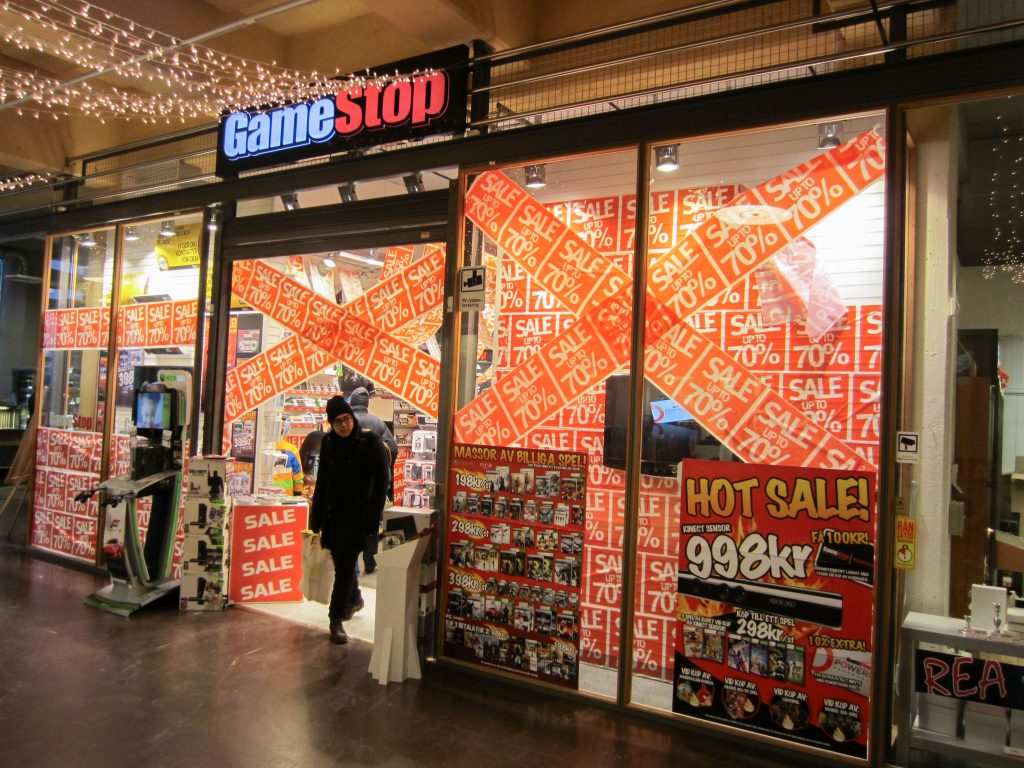Earlier last month, the internet launched the stock market into the erratic claws of one of its worst enemies: unpredictability. For the first time in this globally interconnected age, small-time retail investors harnessed the power of collective action on social media to wreck Wall Street’s plans.
The hedge funds, investment banks and stock brokerage firms intended to ride out the global pandemic on a wave of prosperity, widening the gap between the “have’s” and the “have-nots.” But when a boisterous group of Reddit users began organizing their unpredictable investments, Adam Smith’s idea of capitalism’s “invisible hand” revealed itself to be a biased system based on nepotism and classism.
The fiasco began in an online community on Reddit called “r/wallstreetbets” where day traders, amateur investors and aspiring members of the bourgeoisie could count their gains and lament their losses in the stock market. In 2019, one user named Keith Gill gained notoriety by earnestly investing in Game Stop, the video game retailer many consider to be a sinking ship. Recently, millions of his fellow retail traders decided to join him on this foolhardy investment, only to discover their strength in numbers.
“Shorting” a stock means investing against a company’s price instead of investing in that company. When that happens, a person sells their stock as soon as they buy it, which ultimately lowers the stock price so the investor can buy it at a cheaper rate.
When Game Stop’s stock price began to artificially increase due to a large influx of new buyers from Reddit, those who shorted Game Stop’s stock began to worry. By the end of January, according to Reuters, the short-sellers collectively lost over $70 billion because of a sudden 10-fold increase in Game Stop’s stock price.
The losses were a massive blow to the established firms’ confidence to predict the markets, so the rift between them and the retail traders began to emerge. The high for Game Stop’s stock price before it was blocked was $483. Today the stock sits at $63.77 with a low of $51.09, according to Market Summary.
What was originally a massive movement to shift the market in favor of one community turned into a populist insurgence against the financiers who seemed to evade the 2008 housing crash and the COVID-19 pandemic mostly unscathed. According to Forbes, American billionaires have collectively added over $1 trillion to their wealth since the pandemic forced many Americans out of the workforce. The seeds of class consciousness were planted, but a controversial move by stock market trading app Robinhood made it take root in the hearts of many everyday Americans.
Eventually, established firms on Wall Street realized that dealing with the unpredictably of the internet was simply not an option, so in an effort to curtail this, Robinhood decided to restrict all buying options of Game Stop stock. Immediately, the outrage was intense and boiled across political lines.
Everyone from conservative podcast host Ben Shapiro to Democratic-Socialist congresswoman Rashida Tlaib cried foul when Robinhood made this bold and openly despotic move. The position from those at the top appeared to be that the market is only free for the rich to maintain their wealth, but everyone else has to play by their rules and not get too greedy or too clever. However, this may be an opportunity to find solidarity in the midst of a time period with so much division.
It would be clear to most people paying attention to the last four years that political turmoil and partisanship are in a particularly bad place at the moment. Between volatile protests and extremists storming the U.S. Capitol, many unfortunately felt the need to lash out at their perceived enemies.
However, an event like the Game Stop short-sell can help regular Americans gain “class consciousness” where they come to realize their secondary economic status to find solidarity with their fellow citizens rather than disunity. When the working class recognizes the additional hurdles they face when trying to access the same avenues of capitalism as the rich, they can begin to unite and create a more equitable society.
Austin Gaebe is an Opinion Writer. Follow him on Twitter at @AustinGaebe.
